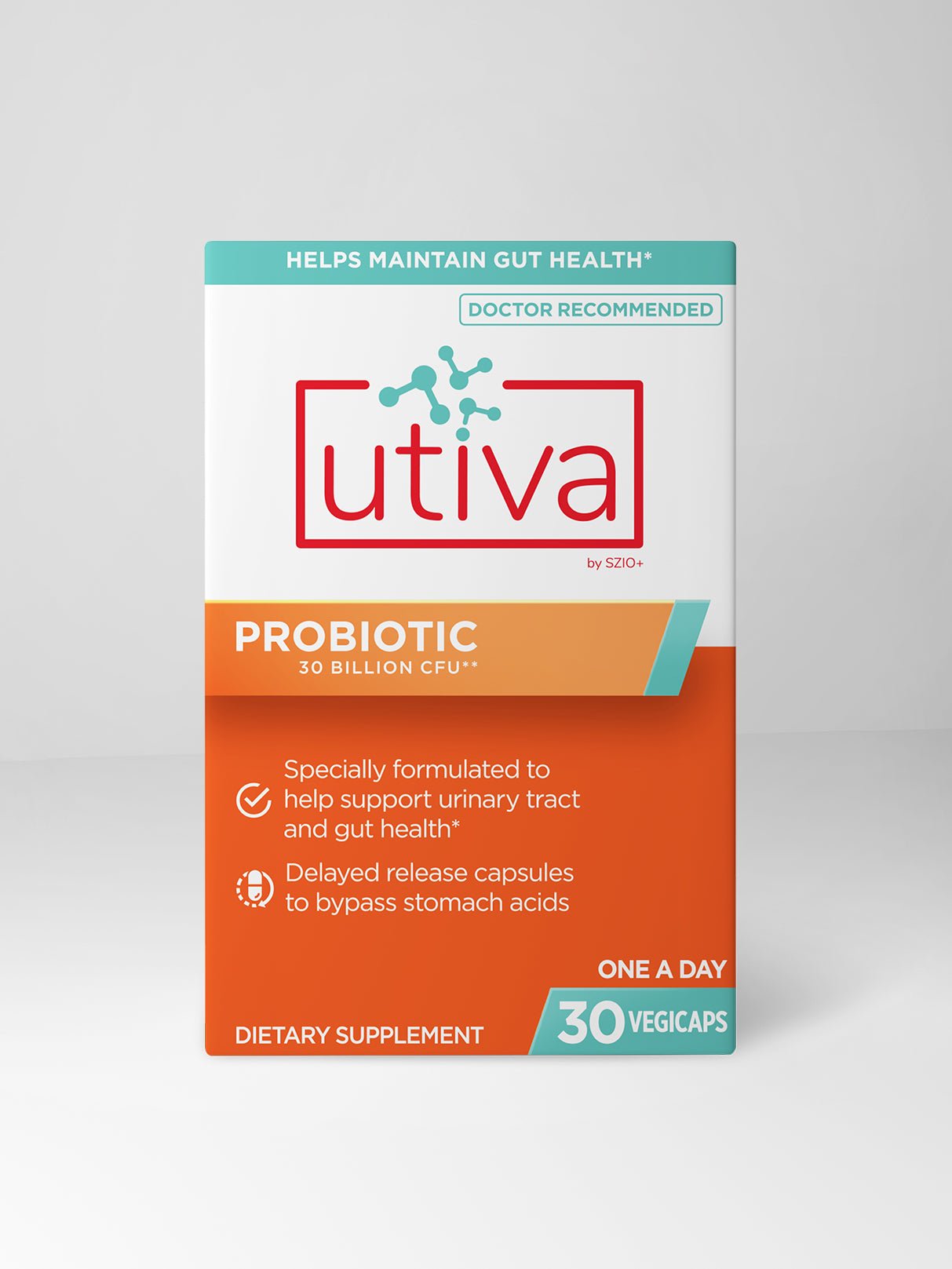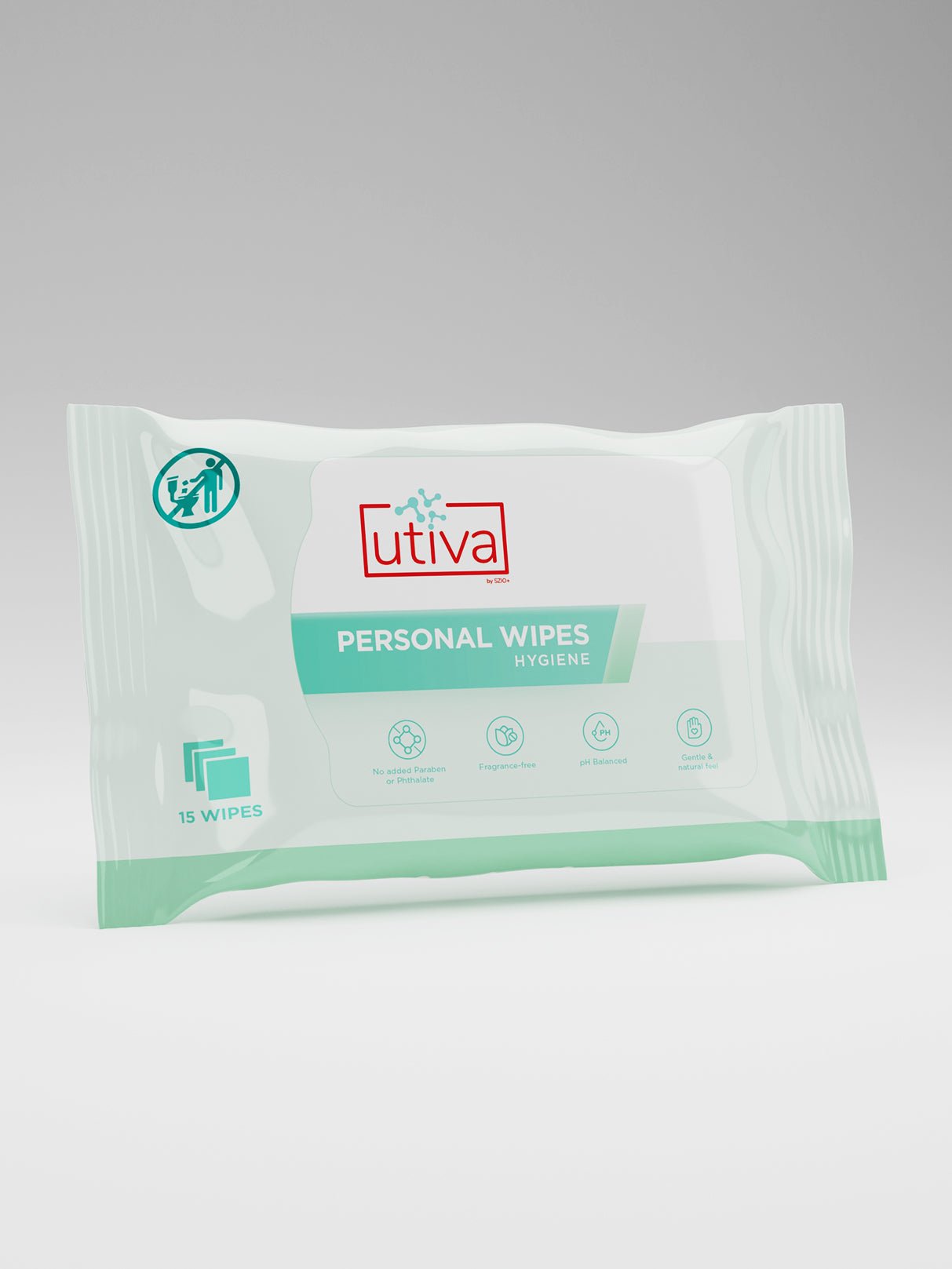By Board-Certified Urologist Yana Barbalat
UTIs are very distressing and tend to really impact one’s quality of life. Some patients develop recurrent urinary tract infections (2 or more infections over a 6-month, or 3 or more infections over a 1-year time period) and that’s generally when they get referred to a urologist. By the time patients see a urologist, they are frustrated and have many questions.
First, people want to know why they get infections?
This is a difficult question to answer because often, there is not one specific cause that explains why one person gets UTIs and the other does not. As urologists, we investigate for many of the known causes of UTIs. For example, we do a physical exam and check to make sure that patients empty their bladders fully when they void. We get imaging studies to make sure there are no big stones in the kidneys that can harbor bacteria and lead to recurrent infections. And we sometimes even look in the bladder to make sure there are no anatomical abnormalities present. However, many times we do not find a cause for recurrent UTIs and the reality is that the medical community is still learning and researching why some people are predisposed to UTIs while others are not.
People also tend to wonder if their original UTI was adequately cleared.
This is another common question that I get asked. Usually, the answer to this question is “yes”. It is not often that we see “persistent infections”. Persistent infections tend to occur in patients with large stones and chronic catheters or stents in their kidneys and/or bladders. These foreign bodies can store bacteria and make it difficult for antibiotics to work. However, for most patients, a new UTI is usually a re-infection, as opposed to a persistent infection that was not properly cleared.
Finally, patients want to know what they can do to prevent their UTIs from coming back?
Believe it or not, there are a now quite a few very effective options for prevention of UTIs. These include daily cranberry pill prophylaxis with 36 mg of proanthocyanidins (PACs), D-mannose, vaginal estrogen, post intercourse antibiotic prophylaxis, and finally, daily antibiotic prophylaxis.
I tend to recommend antibiotic prophylaxis as a last resort because there are many downsides to chronic antibiotic use such as antibiotic resistance, alterations in the microbiome, gastrointestinal upsets, and many other effects. Cranberry pills such as Utiva Cranberry PACs which are high on PACs, the bioactive molecules from cranberries that bind to bacteria to help prevent adhesion to the bladder wall, work very well to prevent UTIs and are recommended by the American and Canadian Urological Associations. They are natural and are generally very well tolerated by patients.
D-mannose, another natural compound, seems like a promising option as well, and is gaining evidence and popularity in the scientific literature. Vaginal estrogen use is highly supported by good data and is also recommended (for post-menopausal women) by the American and Canadian Urological Associations as well. Finally, I always remind my patients to stay well hydrated and make sure they empty their bladders fully.







